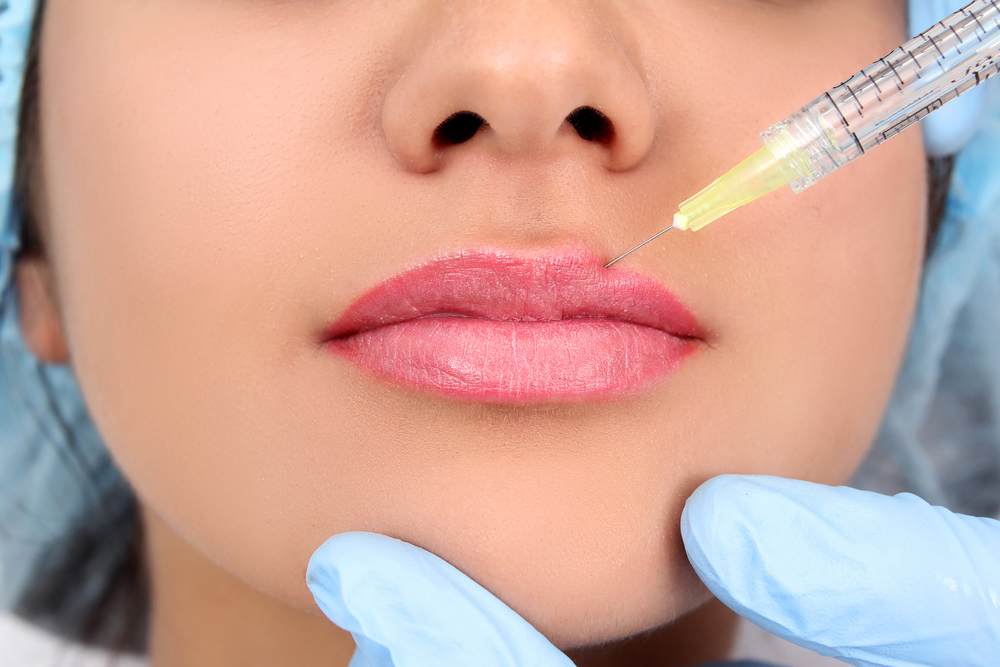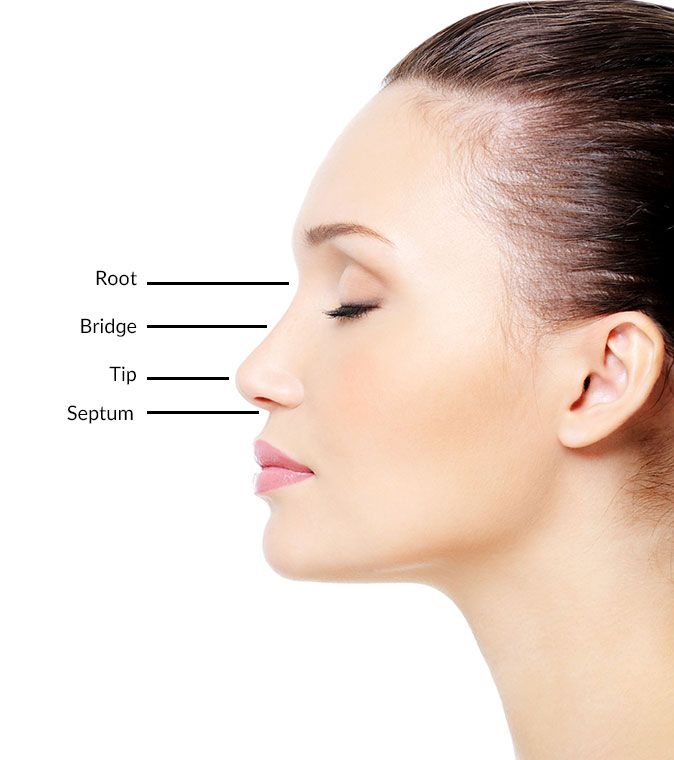Rhinoplasty – nose job
The nose is one of the most distinctive features of our face. Needless to say that its
basic function is essential in our day to day life. But what happens when we are
unhappy with the way our nose looks, or have certain functional defects of the nose
that make it difficult for us to breathe? This may damage the quality of life!
A Rhinoplasty Surgeon can correct physiological defects that hamper your ability to
breathe without difficulty. It can also redefine the shape of your nose to enhance its
shape and appearance.
Rhinoplasty surgery or, in layman’s term a ‘nose job’ is a cosmetic surgery procedure
to either change the shape of the nose or improve its functionality. A cosmetic
surgeon corrects/reconstructs the form of the nose while restoring the functions and
enhances the aesthetics of the nose by performing a rhinoplasty. A Rhinoplasty
repairs or resolves difficulties caused by nasal trauma (blunt, penetrating, blast) or
birth defects and respiratory impairment. Many times, a revisional rhinoplasty
surgery is performed on the nose to correct a previously failed primary surgery to
improve its function or for aesthetic reasons.
Reasons for Rhinoplasty
People usually have a rhinoplasty to repair the shape of their nose after an injury, to
improve breathing problems or a congenital defect, or because simply because
they’re unhappy with the appearance of their nose.
Your Nose Surgery Doctors can bring about the below mentioned changes to your
nose through rhinoplasty:
- size change
- angle change
- straightening the bridge of the nose
- reshaping the tip of the nose
- narrowing the nasal base or nostrils
All surgeries, whether cosmetic or general, carry a certain amount of risks. These
may include bleeding, reaction to anesthesia or infection. Rhinoplasty may also have
an increased risk of:
- difficulty in breathing
- numbing of the nose
- nosebleeds
- scars
- asymmetrical nose
Occasionally, patients aren’t satisfied with the results of their surgery. In this case,
revisional surgery can be performed. If you are going for a second surgery, you will
need to wait until your nose has fully healed before getting operated again. This may
take up to a year.











